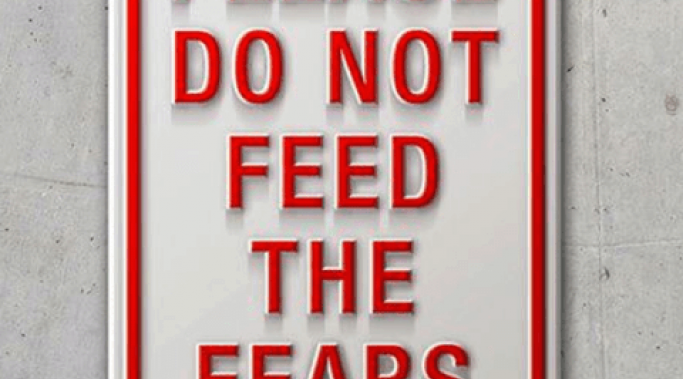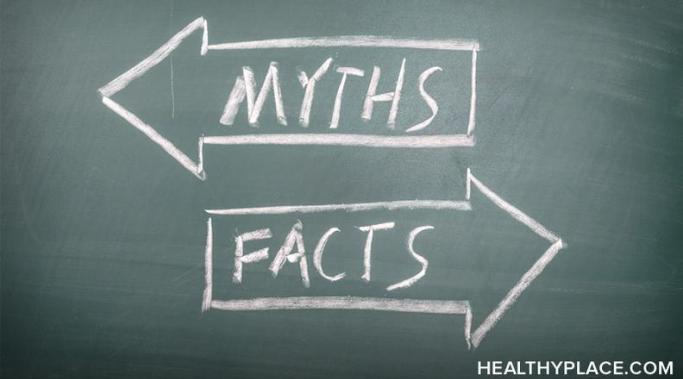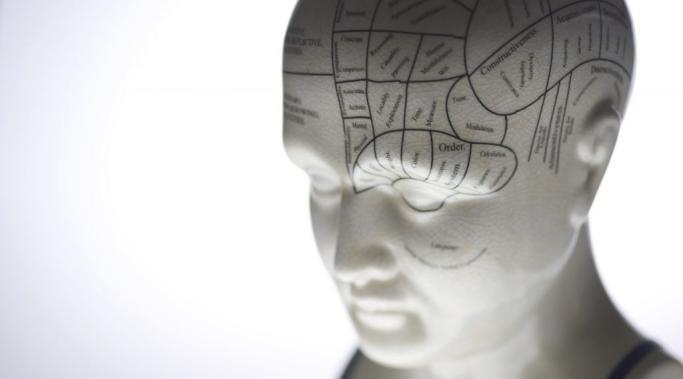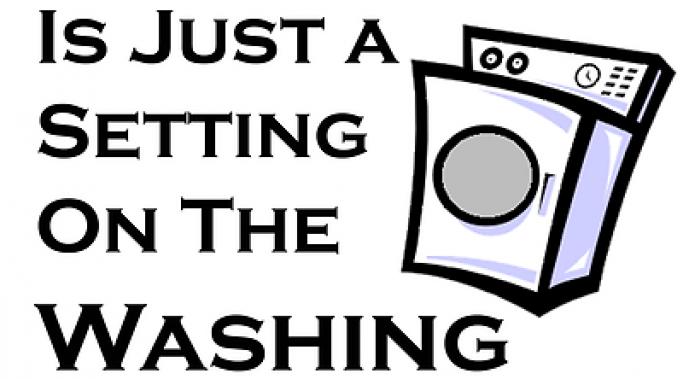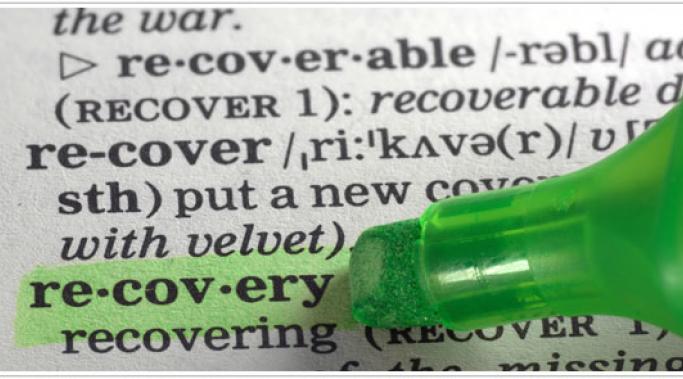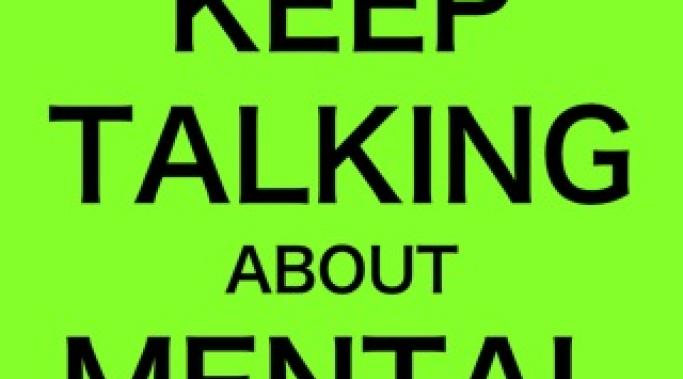The title of this blog implies that I will be focusing on people in our lives who--for the most part--do not live with a mental illness. These people like to give us advice on what medications we need to take or tell us we don't need to take medication at all. It's confusing and, frankly, a real piss off.
Mental Health - Recovering from Mental Illness
I remember the first time I was told I had bipolar disorder. I was twelve years old and confused. I was further baffled when my psychiatrist told me I would need to start taking psychiatric medication. I asked her what kind. I was certain that one pill--similar to the vitamins ground in my cereal each morning when I refused to swallow them--would be the same. I was told, in no uncertain terms, that it would be wonderful (!) if the first bipolar medication worked. Of course, it did not, and it does not for most of us.
You know it and I know it: When you live with a mental illness you run into your fair share of people who assume--usually based solely on diagnosis--that we must be "crazy." In this blog, I want to focus on three of these misconceptions and, well, smash them to pieces.
Ah, yes, categories. When first diagnosed with a mental illness, many of us already feel as though we are suddenly defined by our illness. We immediately need to drastically change our lives. That's tough enough but, more often than not, we also have to explain to those in our lives that, yes, we have been diagnosed with a mental illness, but we are still the same person. You and I both know that this isn't easy, but it is a great way to weed out those who will support you and those who may not.
When first diagnosed with a mental illness, our lives--and the lives of those closest to us--change drastically. Immediately. For lack of a better cliche: like night and day; black and white. We know, instinctively, that our lives will never be the same. But if we take positive steps to move forward in mental health recovery, our lives will become more manageable.
When first diagnosed with a mental illness our lives--and the lives of those closest to us--change drastically. For lack of a better cliche: like night and day; black and white. We know, instinctively, that our lives will never be the same. Sometimes, we fear they will become more difficult, or we will forget who we were prior to diagnosis. It often feels as if we are losing a part of ourselves--our "self." And that's scary. Let's explore why we may feel this way.
Feelings of grief are often connected to the diagnosis of mental illness. When first diagnosed, it can feel as if a part of you, of your life, has died. This blog will explore the definition of grief, its connection to our mental health, and ways in which we can utilize it in a positive fashion (yes, positive!) to help us on our journey to mental health stability.
First, I need to state that the title of this blog might be a little bit misleading for the following reason: Is there a definition of normal? Well, I don't think so, but what I do know is that in our society normal means something.
What Does Society Deem as Normal Behavior?
First, let me state the obvious: When you are diagnosed with a mental illness everything is difficult. That being said, I believe there are certain things, feelings and experiences, that are probably more difficult then, say, making sure you eat lunch. I want to narrow it down to five because those of us living with a mental illness know that we could compile a book the size of a dictionary if we wanted too. I'm pretty sure we wouldn't want to do that, right?
I write a lot about depression and bipolar disorder in this blog. I also write other serious mental illnesses. Despite this, I don't believe I devote enough time---enough words---to other mental illnesses.
Counting Down: Five Mental Health Disorders Not Given Enough Attention
